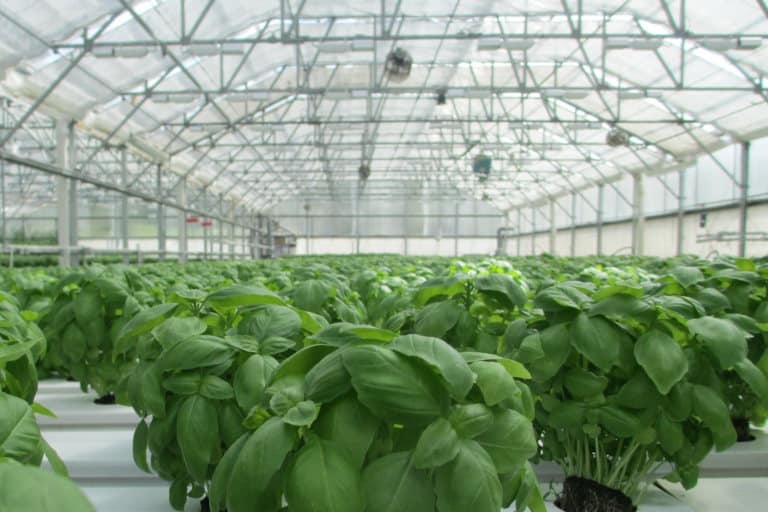Driving vertical farm productivity – Zayndu CEO to present and host panel at GAIA

Improving productivity could offer a significant impact for the sector according to Bernhard Strauss, Director of Research and Operations, at consultancy firm Camrosh. He has just completed an analysis of the energy requirements of the controlled environment horticulture sector for Defra, in collaboration with the Institute for Manufacturing, University of Cambridge.
He comments that recent research* shows plantings are being scaled back by up to 20% this year with many growers walking away from contracts and considering withdrawing from the sector. Autumn and winter planting in heated glasshouses will be reduced due to energy costs.
Strauss says: “The pressure on growers is only likely to accelerate, especially in the high-tech glasshouse sector as energy costs remain staggeringly high. Even more so in Vertical Farming where typical electricity inputs per year are ~300kWh/m2 for HVAC, dehumidification systems, pumps etc, plus ~700kWh/m2 for lighting; so with energy costs increasing by 156%, commercial viability is a real issue.
“Hence, a possible yield increase in the range of 15% without additional inputs would be of great interest to the VF sector and for different types of glasshouse and polythene tunnel growing. Achieving consistent yield increases at this level by another method would need an increase in material inputs or labour.”
Although leafy greens, such as lettuce as well as herb crops such as basil, cress, chive, parsley, dill and coriander are currently grown to a large extent in different types of low-tech greenhouses and polythene tunnels, they are particularly suitable for the VF sector. With larger VF operators able to grow as many as 15-20 ‘harvests’ per year through tightly staggered planting cycles over an area footprint of less than half a hectare.
The Zayndu Cold Plasma Seed Health System uses low energy plasma-technology to treat the seeds in small batches prior to planting. The treatment takes minutes to complete and produces no waste – just clean air and seeds.
In trials it has found that the yield increases on average: Chive 10%, Parsley 10%, Coriander 15%, Dill 27%. This yield increase, when multiplied by 20 harvests, with no additional energy requirement, would have a significant impact on margins.
Furthermore, the Aurora system, increased germination of Spinach from 80% to
95% and accelerated it by approximately 1.5 days. Leafy greens have short growth cycles with germination times of two to three weeks and 4 to 8 weeks to harvest depending on crop; shaving 1.5 days from each cycle can also increase throughput.
Research by Intelligent Growth Solutions (IGS) has found that shelf life is longer for vertical farmed produce, with lettuce lasting three weeks (compared to one week for open field), and water use is less, with 250 L/kg in field compared to 1 L/kg in a vertical farm.
Strauss continues: “Although energy input per unit crop is still much larger in VF compared to growing under glass or polythene tunnels where natural light and ambient temperature is used at no cost, creating opportunities to increase productivity will help make it more commercially viable, particularly in extremes of climate where other resources are scarce.”
References
*The real impact of cost pressures on the horticulture sector, Promar research commissioned by NFU 15th November 2022.
Driving vertical farm productivity – Zayndu CEO to present and host panel at GAIA
Regional recognition for global impact. Zayndu shortlisted second year in a row for innovation award.









Zayndu Limited
Advanced Technology Innovation Centre,
Loughborough University Science & Enterprise Park
5 Oakwood Drive, Loughborough, LE113QF UK
T: +44 (0) 1509 276225